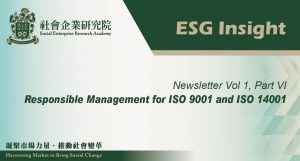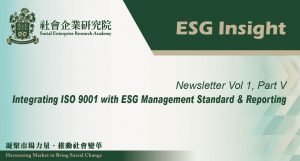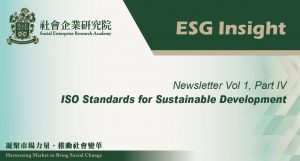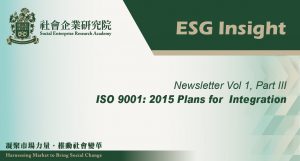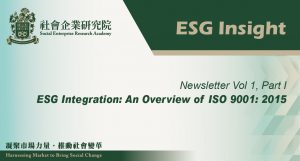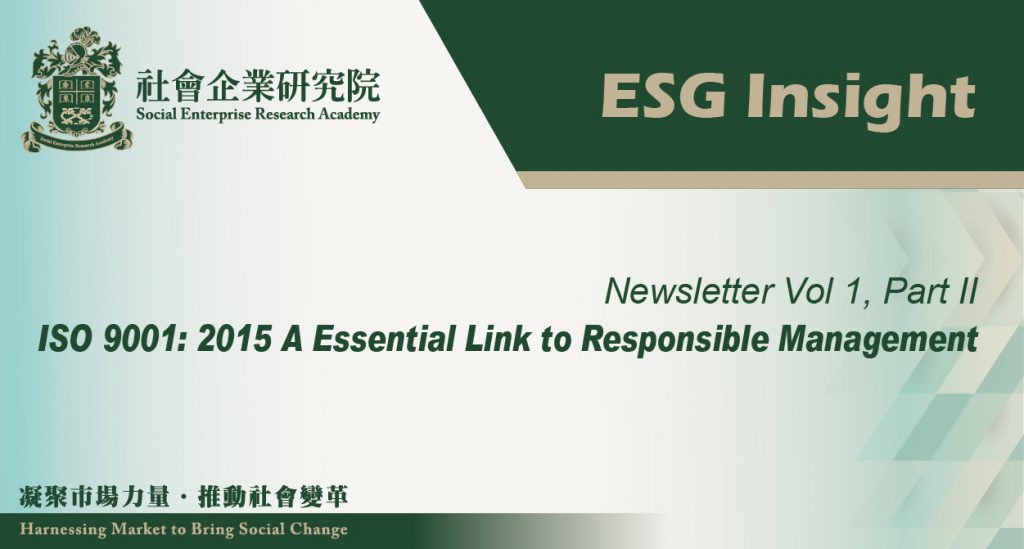
Responsible management refers to the strategic integration of sustainability, ethics and corporate responsibility to create long-term sustainable value for relevant stakeholders, beyond legal obligations.
There are three main areas of sustainability: (i) businesses sustainability, (ii) environmental sustainability and (iii) social sustainability. Sustainability is defined as meeting the needs of the organization and its stakeholders, while at the same time protecting, sustaining and improving the economic, social and environmental resources required in the future.
Business ethics are concerned with moral principles and norms which guides the way a business behaves beyond legal compliance. Business ethics reflects the values, beliefs and guidelines of a business, including respect for human rights, protection of consumer rights and maintenance of environmental integrity.
Social responsibility is part of corporate responsibility, as it is concerned with the obligations and actions of the organization towards its stakeholders. In addition to social responsibility, the organization should also have financial, environmental, legal, human and product responsibilities
The United Nations Global Compact has laid down ten principles of responsible management in the subject areas of human rights, labour standards, environmental and anti-corruption. The PRME (Principles for Responsible Management Education) is inspired by the UN Global Compact for business schools through the six principles in purpose, values, method, research, partnership and dialogue. The Principles for Responsible Investment (PRI) was introduced in 2006 for the investment community.
However, companies need an effective responsible management system to align with the principles of responsible management in order to create sustainable value.
There are several normative standards which addresses a specific dimension of sustainability issues:
a) Business sustainability: ISO 9001
b) Environmental sustainability: ISO 14001
c) Social sustainability: SA 8000, OHSAS 18001
There is a need for an integrated approach in the development of a responsible management system. Social Enterprise Research Academy aims at developing an ESG Management Standard for this purpose. Any organization can adopt this standard to implement the responsible management system based on the framework of ISO 9001: 2015 or ISO 14001: 2015.
The responsible management system is developed on the basis of principal similarities of ISO 9001, ISO 14001 and ISO 45001 (OHSAS 18001). However, the SA 8000 (social accountability) does not follow the high-level structure of the ISO standards. It requires the mapping of SA 8000 requirements with the ISO standards for the integration.
The responsible (integrated) management system can decrease the extent of documentation and bureaucracy with a common “system manual”.
We look into an ESG Management Standard that provides a common system structure to integrate the ISO 9001, ISO 14001, ISO 45001 and SA 8000 into a coherent responsible management system, which consists of the principles of responsible management terms and definition as well as the documentation requirements for auditing and reporting.
ISO 26000: 2010 is not a management system standard, nor is it intended or appropriate for certification. However, ISO 26000 provides the guidance on social responsibility, including the terms and definitions, principles, core subjects and issues. However, no requirements for reporting are indicated in the ISO 26000, nor are there requirements on how this could be done. We need an ESG Management Standard provides the standard requirements for ESG reporting.















